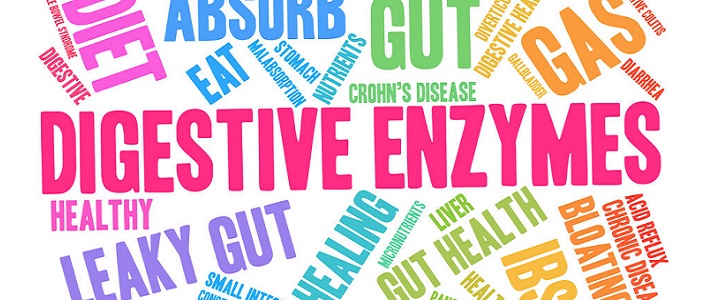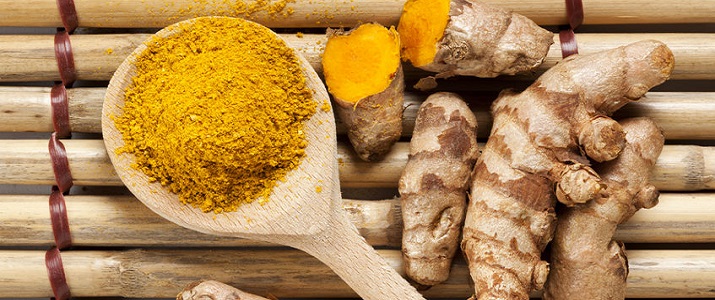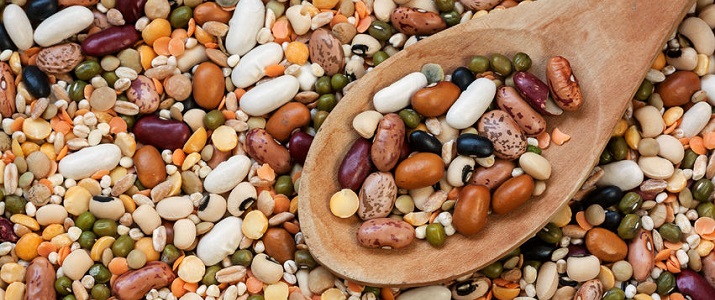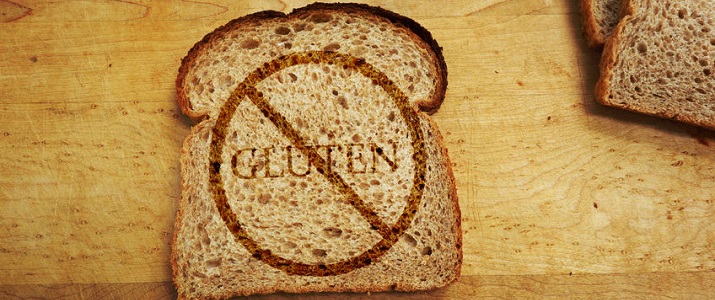Digestive Enzymes & IBS
IBS stands for Irritable Bowel Syndrome, and it is difficult to diagnose. Although there is no known cure, there are many ways to appease your sensitive bowels. Symptoms of IBS alternate between both diarrhea and constipation, accompanied by pain from bloating, gas, and stomach cramps. This is not just caused by the stomach flu; symptoms occur for 6 months or more. If you have prolonged symptoms of anything on this list, make an appointment to see your doctor.
Because IBS is located in the large intestine, a healthy diet and frequent exercise are not the only treatments needed for this disorder. An enzyme supplement should be added to your diet. Digestive enzymes have proved to appease nasty IBS symptoms by helping your digestive tract back to its normalized state. More about how these enzymes work is written below.
Medication vs. Enzymes: What You Need To Know
Your doctor has probably outlined the kinds of medications you can take to help treat your IBS. However, many clinical studies have not concluded that medications help IBS at all.
That’s where enzymes come in. Enzymes designed to be easily digested are actually complex proteins. They work by breaking down foods so your body can use the nutrition for energy. Your pancreas has the job of creating these types of enzymes, but sometimes it needs an extra amount if your bowel is having severe problems.
Just like you should be well-versed on the medications you take, so, too should you be on the quality of the digestive enzymes you may take. Anti-inflammatory ingredients like peppermint oil and turmeric help soothe irritated abdominal organs, while the enzymes work to relieve unpleasant symptoms like uncomfortable bowel movements, gas and bloating.
3 Ways Digestive Enzymes Help Your Digestion
IBS is triggered by your diet. If you eat something that causes a flare-up or have a poor diet that is causing intestinal distress, taking a digestive enzyme can treat both your pain and stabilize the enzymes in your gut to prevent further troubles in the future.
Three things digestive enzymes help you are:
- maintain a healthy digestive tract
- break down fats, protein, and carbs for nutrient absorption
- reduce bloating, gas and cramping after eating
All three of these functions do not function normally if you suffer from IBS or any of its symptoms. And all three of these can be assisted by an influx of enzymes. If you eat some food and get food poisoning, your digestive tract may be out of commission for a few days, but then go back to normal. However, this doesn’t happen with IBS: flare-ups and painful cramps happen all the time and do not go away.
The same thing is to be said of nutrient absorption. If your stomach doesn’t have the correct amount and type of enzymes, nutrients will not be efficiently absorbed and used by your body. That’s where digestive enzymes come in: they can maintain a healthy balance of enzymes while reducing IBS symptoms like bloating.

 Subscribe Now
Subscribe Now







